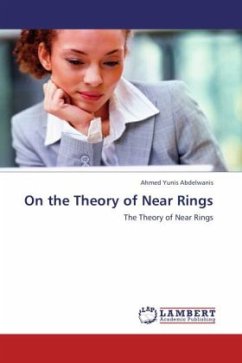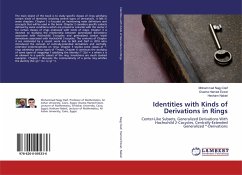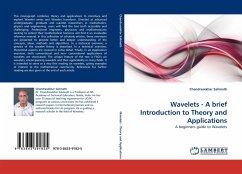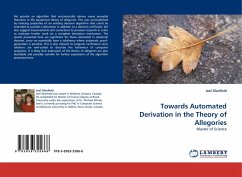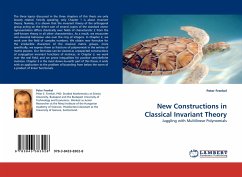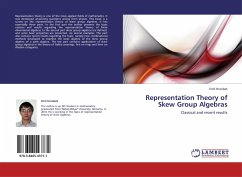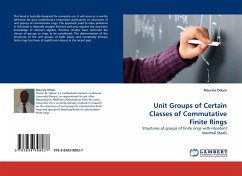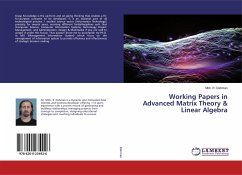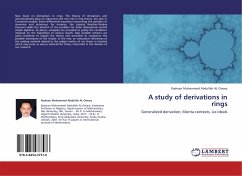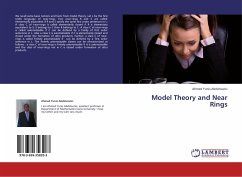
Model Theory and Near Rings
Versandkostenfrei!
Versandfertig in 6-10 Tagen
27,99 €
inkl. MwSt.

PAYBACK Punkte
14 °P sammeln!
We recall some basic notions and facts from model theory. Let L be the fi rst order language of near-rings. Two near-rings R and S are called elementarily equivalent if R and S satisfy the same fi rst order sentences in L: A class C of near-rings is called elementarily closed if R is elementary equivalent to S; S belongs to C then R belongs to C. A class C of near-rings is called axiomatisable if C can be defi end by a family of first order sentences in L. Also a class C is axiomatisable if C is elementarily closed and closed under the formation of ultra products. Further, a class C of near-ri...
We recall some basic notions and facts from model theory. Let L be the fi rst order language of near-rings. Two near-rings R and S are called elementarily equivalent if R and S satisfy the same fi rst order sentences in L: A class C of near-rings is called elementarily closed if R is elementary equivalent to S; S belongs to C then R belongs to C. A class C of near-rings is called axiomatisable if C can be defi end by a family of first order sentences in L. Also a class C is axiomatisable if C is elementarily closed and closed under the formation of ultra products. Further, a class C of near-rings is called fi nitely axiomatisable if can be defi end by a fi rst order sentence in L. The fi nitely axiomatisable classes can be characterized as follows : a class C of near-rings is fi nitely axiomatisable if it is axiomatisable and the class of near-rings not in C is closed under formation of ultra products.



